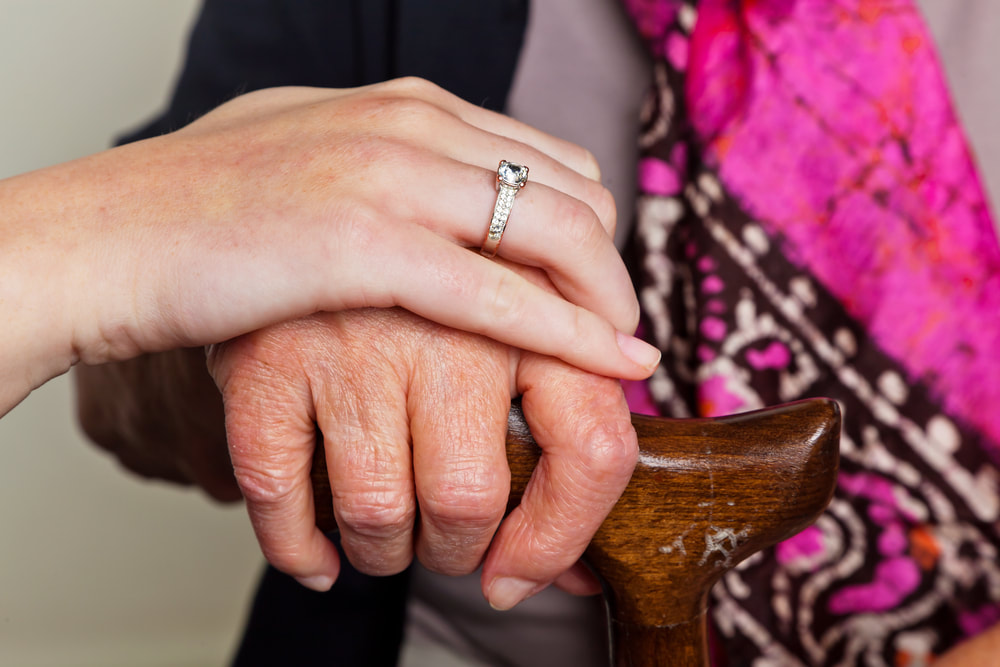How Can an Elder Law Attorney Help My Aging Loved One?
Having a plan for your aging loved one’s care can relieve anxiety for you and the senior. Elder law attorneys can help their clients by providing some of the following services:
Long-Term Care Planning
The number of Americans living past age 65 has exponentially increased over the past few decades and will continue to grow over the next few years. According to the Centers for Disease Control and Prevention (CDC), there will be more than 80 million seniors in the U.S. by 2040. This increase requires more people to pay close attention to the need for long-term care planning.
An elder law attorney can help seniors create a plan to pay for their care needs for the rest of their lives. Many seniors may worry about a lack of financial resources to pay for food, rent, medical care, and transportation in the years to come. Others hope to stay in their homes as they age but aren’t sure what the options may be for in-home care if it becomes necessary.
An elder law attorney can help you create a customized plan for your needs and assist you in allocating money to pay for the essentials as you age. In addition, with expertise specific to elder law at the federal level and in your state, they can aid you in determining what public benefits you could qualify for, such as Medicaid and Medicare, and help you successfully apply for them.
Estate Planning Document Preparation
Most people contact an elder law attorney whose expertise includes estate planning when they need end-of-life documents drafted. Yet it is smart to start estate planning when you are still healthy.
Elder law attorneys may draft for their clients such documents as a last will and testament, health care directive, and power of attorney. By carefully crafting these documents, an attorney can help protect a senior’s legal rights when it comes to their retirement benefits, estate administration, and medical decision-making authority.
At the same time, having a comprehensive estate plan in place may not only ease the stress your family members encounter upon your passing, but also help them avoid any potential disputes regarding their inheritance.
Create a Plan for Incapacity
A related piece of the puzzle is incapacity planning. This could mean having an elder law attorney advise you on documenting your wishes for care at the end of your life, in the wake of a disability, or after a diagnosis of dementia.
For instance, according to the Alzheimer’s Association, 6.7 million Americans aged 65 and older suffer with Alzheimer’s disease. As the senior population increases across the United States, the number of seniors with memory care needs will likewise increase.
People with memory issues may reach a stage when they can no longer care for themselves. It is essential to have a plan in place for when a senior is incapacitated.
An elder law attorney can assist seniors and their families as they try and protect the senior’s financial and physical well-being as their condition progresses.
Combating Elder Abuse and Exploitation
Seniors who are victims of elder abuse, whether at the hands of a family member or in a long-term care facility, are protected by the law. Elder law attorneys know the rights of nursing home residents and seniors under guardianship, are familiar with the tools that can protect you and your assets, and can help you connect with other advocates.
What to Look for in Elder Law Attorneys
It is vital to know what to look for when you are hiring an elder law attorney. You want to have the best partner helping you protect yourself or your loved one. Here are some tips when looking for an elder law attorney:
- Interview multiple attorneys.
- Ask each attorney you meet with about their experience in the area.
- Get a referral from a friend or search for a qualified elder law attorney in your area.
Keeping your elderly loved ones safe is essential to supporting their care and protecting their legacy. Hiring an elder law attorney you trust can help you accomplish this and keep your parents, grandparents, or other aging relatives protected.


 RSS Feed
RSS Feed